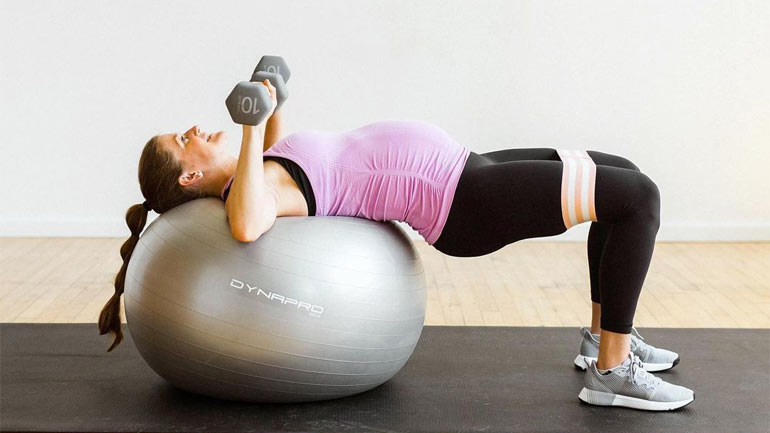
Working out is an essential part of life. Exercising impacts all facets of our lives, most prominently in physical, mental, and even emotional health. Maintaining a proper and consistent health routine in terms of diet and exercise gives better tools for retaining a well-balanced standard of living. With the time spent taking part in actual physical activity, know that the time spent away from the gym is just as important overall.
As with all physical activity, participating in regular and thorough workouts affects our bodies. Stretching, pull-ups and push-ups, running, and lifting weights all leave their mark once the routine has been accomplished. However, this temporary damage has its place; however, experts advise that the recovery process is just as important as the exercise itself.
Recovery, concerning workouts, means the downtime taken to facilitate the relaxation and repair of taxed body parts. These refer to the muscles and ligaments brought to bear while exercising.
How does one go about ensuring quick and safe recovery after a workout? The following must be observed:
Meal Choice
Your choice of meal after your workout is essential in recovery. Aim to consume a healthy and balanced meal no more than an hour after you have completed your routine. This serves to replenish and provide essential fuels to your body that aid in tissue repair, muscle mass increase, and recovery.
When preparing your post-workout meal, you should make sure that you have included foods that are good sources of complex carbohydrates and, most importantly, high-quality proteins. Fruits and vegetables should not be overlooked, as they are sources of essential micronutrients that are also valuable to your body’s work.
Hydration
Water is the primary building block of life. It is one of the most important vehicles for the proper functioning of the body, before you begin, during, and after a workout. You lose a lot of water as you sweat your way through your workout routine and dehydration can be detrimental to the recovery process. It is, therefore, vital that you remain well hydrated as you exercise and afterward.
Water serves to boost the body’s metabolic functions while aiding in transporting much-needed nutrients to starving parts after a workout. If you fail to observe your body’s needs, you will lose out as your recovery will be much slower, and you will have less effective sessions in addition to fatigue.
Rest
We are not machines; and while you may feel that getting more done is always the way to go, taking a rest and opting for some relaxation can be just as beneficial as a long and strenuous workout. Giving yourself about two days between demanding workouts should be sufficient to get the rest you need to certify proper recovery.
Sleep goes hand in hand with rest. The importance of this is very often overlooked, whereas the effects of lack of proper sleep between workouts and the recovery process are significant. Scientific research indicates that just losing one hour of sleep may decrease recovery by 30%. Your ability to perform well in your next session and your body’s ability to repair and grow tissues depends on your willingness to get a good night’s rest. A rule of thumb is 7 to 9 hours a night.




